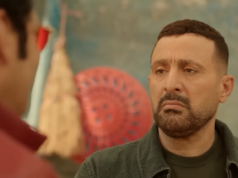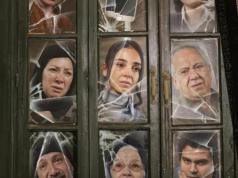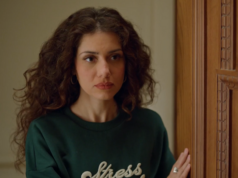The entertainment industry has witnessed an interesting trend – the casting of TikTokers in TV shows and movies. While social media platforms have undeniably changed the way we consume content, the decision to bring TikTokers into the film industry raises questions about the authenticity and artistic integrity of the industry’s landscape.
This has resurfaced and grabbed people’s attention with the casting of TikToker, El Karawan Mashakel, in a brief scene in Shahid’s latest release “Batn El Hoot”. This action has truly upset people to the extent of starting an initiative to boycott the series. It’s not only about the audience this time, The Actors Syndicate has also reacted by fining the series EGP 100,000, saying the casting choice doesn’t align with their values and artistic standards. The Syndicate also announced that they’ll file a complaint against the show’s director.
TikToker El Karawan Mashakel has previously encountered legal complaints concerning his content, alleging that it encourages immorality and acts as a threat to the values of Egyptian society. TikTok encourages short-form, attention-grabbing content. Even though some -if not most- TikTokers are pursuing acting and fame and then using the platform for their favor and building an audience, this doesn’t make the transition less of a massive leap.
While some might argue that it was okay for him to take on this small role, it doesn’t seem fair for all the film and acting students who have spent years honing their crafts in hopes of appearing on screen even for a split second. It also comes across as a public declaration of having TikTok become the fastest route to acting and having screen time -especially for someone with such content.
The industry’s credibility is also at stake when casting prioritizes social media followers over talent and acting skills -even for small roles. While it is understandable that producers seek big online audiences, it is crucial to remember that social media popularity doesn’t equal acting talent. This way, the industry risks the quality of productions and the standards that traditionally define the TV industry.
What do you think about this? Share with us your opinions!



















